3 Unbelievable Reasons You Must Scrape Your Tongue Today (If You Haven’t Already)
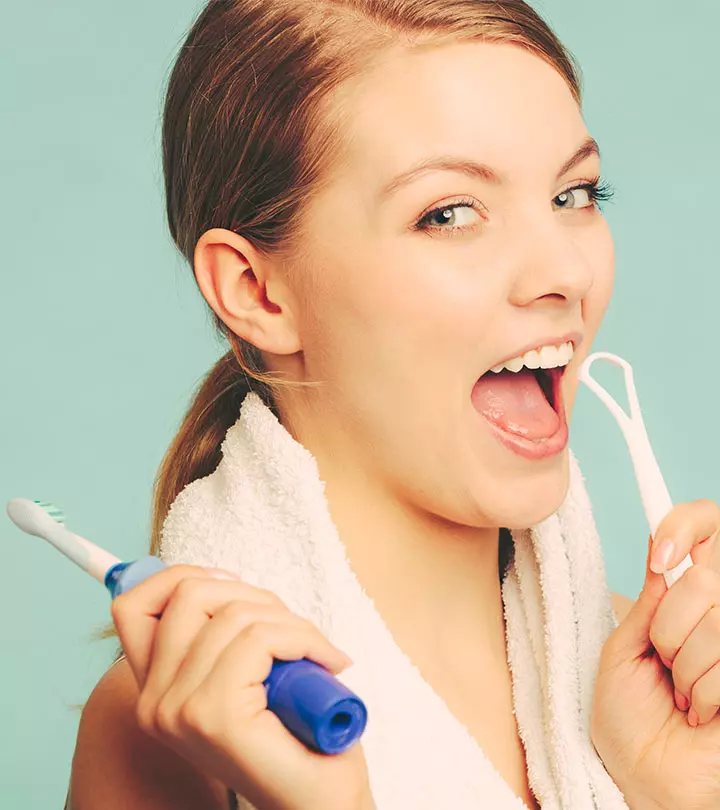
Image: Shutterstock
A clean tongue is an indispensable part of good oral hygiene. Scraping your tongue can do you a whole lot of good – right from removing the extra particles that may breed bacteria to reducing bad breath. Though no amount of tongue scraping can replace the satisfaction of toothbrushing, it must be an important part of your daily oral routine. In this post, we’ll discuss details about tongue scraping you may not have known before.
In This Article
- What Are The Functions Of Your Tongue?
- What Are The Benefits Of Regular Tongue Scraping?
- How To Scrape Your Tongue The Right Way
What Are The Functions Of Your Tongue?
The tongue may seem like a simple organ, but it has some important functions. It facilitates digestion – the digestive process begins at the tongue. It helps in mastication1 and swallowing of food. It plays an important role in taste and speech (1).
Your tongue enables you to eat and drink. It turns solid food into a mash for easier swallowing and digestion. It also helps you suck liquids – more important for babies while breastfeeding. One function most people are unaware of is the tongue’s ability to defend the body against germs – through its defense cells that are collectively known as lingual tonsil (2).
These functions tell us why the tongue is an important organ that deserves care. In case you aren’t convinced yet, well, there’s more.
What Are The Benefits Of Regular Tongue Scraping?
1. Improves Breath
Food debris, bacteria, and even dead cells can build up on your tongue over time. This can lead to bad breath. Scraping your tongue regularly can help prevent this (3). Bad breath is medically termed as halitosis, and it is a common (and often offending) problem. Tongue scraping is a way of improving oral hygiene – and it helps eliminate bad breath.
But in case your bad breath persists despite scraping your tongue regularly, you may want to consult your doctor – it may indicate an underlying medical condition (4).
Studies show that scraping the tongue can significantly reduce levels of volatile sulfur compounds. These are formed when bacteria and amino acids interact to produce bad breath (5). Scraping the middle and back of the tongue can help remove the halitosis-causing bacteria.
2. Can Prevent Oral Infections
Studies show that tongue scraping (and tongue brushing as well) can reduce the levels of mutans streptococci, harmful bacteria that cause tooth decay (6).
The surface texture of the tongue supports the formation and accumulation of plaque – which is why cleaning it regularly is important. While the oral surfaces are colonized by over 500 bacterial species, the tongue carries the most load. This bacteria on the tongue can be successfully eliminated with a regimen that includes regular brushing and scraping (7).
3. Helps You Better Taste Food
A Belgian study shows that tongue cleaning can improve taste sensation (8). In the study, two weeks of tongue cleaning had significantly improved taste sensation in subjects.
The tongue is covered with papillae, hair-like structures that aid the sense of taste. When the papillae are covered with a thick coating of plaque, your taste sensation gets affected (9). The statement makes logical sense. However, it has not been extensively studied yet.
These are the ways regular tongue scraping can benefit you. But, how do you do it? Is there an effective method to follow?
How To Scrape Your Tongue The Right Way
The right tool will help you do it the right way. You should find the ideal tongue scraper in the market at cheap prices. You can find them made of plastic or stainless steel. Following is how you can scrape your tongue the right way:
- Standing in front of the mirror, open your mouth, and stick your tongue out.
- Gently place the rounded part of the tongue scraper on the back of your tongue.
- Place the scraper on your tongue, and slowly, but a little firmly, pull it forward. Remember – always brush the scraper from the back of the tongue to the front. Never the other way round.
- After each scrape, you can clean the scraper with a tissue or put it under running water.
- Repeat the process until you have scraped the entire surface of the tongue.
- In the end, you can wash the tongue scraper with warm water and dry it and put it back in a dry place.
Ensure you aren’t too rough as you may stimulate the gag reflex2. This is common. Start from the middle of your tongue, and as you get used to it, work your way up and back.
We recommend using a U-shaped scraper instead of a brush or spoon. Studies show that scraping can be more efficient than brushing when it comes to removing volatile sulfur compounds from your tongue (10). The U-shaped scraper works better than a spoon too – but if you have nothing else at home but a spoon, you may use that for the time being.
Conclusion
Oral hygiene is an essential part of one’s life. Keeping your tongue clean makes it better. What else do you know about oral hygiene? Do share by leaving a comment in the box below.
Frequently Asked Questions
Does tongue scraping have any side effects?
The only known side effect is the gag reflex. This is normal. If the reflex is too uncomfortable for you, you may start scraping from the middle of your tongue and then work your way up.
Can tongue scraping damage the taste buds?
Research is limited. But there is a possibility – if you are scraping your tongue too vigorously. Be gentle.
How often can you scrape your tongue in a day?
Preferably twice. Once in the morning, and once at night. But be careful while scraping your tongue at night – more so if you have just eaten a meal. The gag reflex may induce vomiting too. If you are too sensitive, you may want to avoid scraping your tongue in the night.
What happens if you don’t scrape your tongue?
Not scraping/cleaning your tongue can lead to the build-up of bacteria, leading to oral thrush. These bacteria, over time, can also spread to your teeth, causing gingivitis (red and inflamed gums).
Should you scrape your tongue before brushing your teeth or after?
It’s your personal preference. Any order is equally effective.
Glossary
- The act of chewing
- The vomiting sensation evoked by touching the roof of the mouth
References
- “The tongue: structure and function relevant…”. Journal of the South African Dental Association, US National Library of Medicine.
- “How does the tongue work?”. Institute for Quality and Efficiency in Health Care.
- “Oral health”. California Department of Health Care Services.
- “What you can do about bad breath”. The CommonHealth of Virginia’s Employee Wellness Program.
- “Tongue scrapers only slightly…”. ScienceDaily.
- “Evaluation of the effect of three supplementary…”. European Journal of Dentistry, US National Library of Medicine.
- “Microbiology and treatment of halitosis”. Periodontol 2000, US National Library of Medicine.
- “Impact of tongue cleansers on microbial…”. Journal of Clinical Periodontology, US National Library of Medicine.
- “You asked: should I scrape my tongue?”. Texas A&M University Health Science Center.
- “Tongue-cleaning methods: a comparative clinical trial…”. Journal of Periodontology, Wiley Online Library.
Read full bio of Dr. Thomas Connelly
Read full bio of Ravi Teja Tadimalla





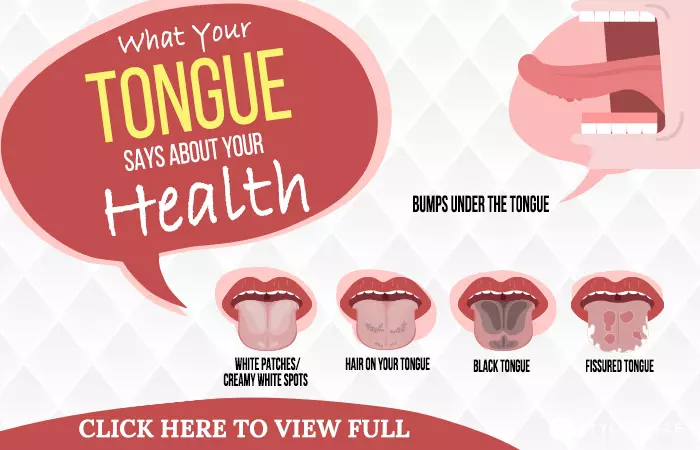
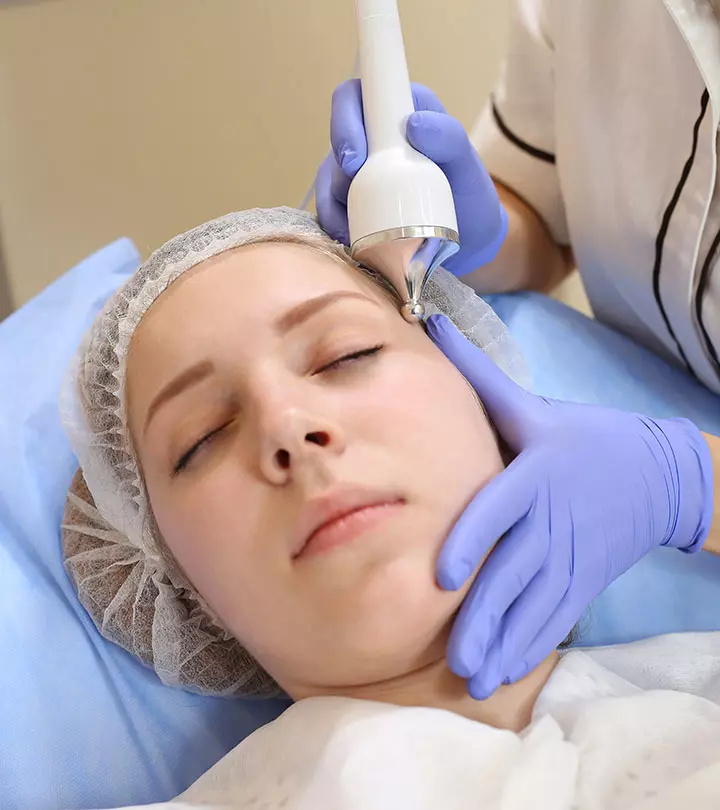

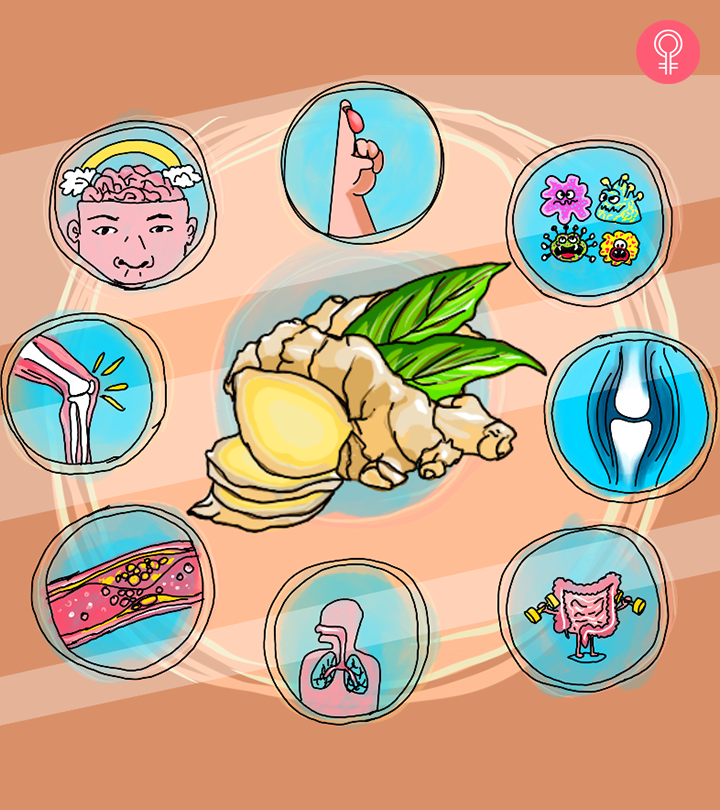


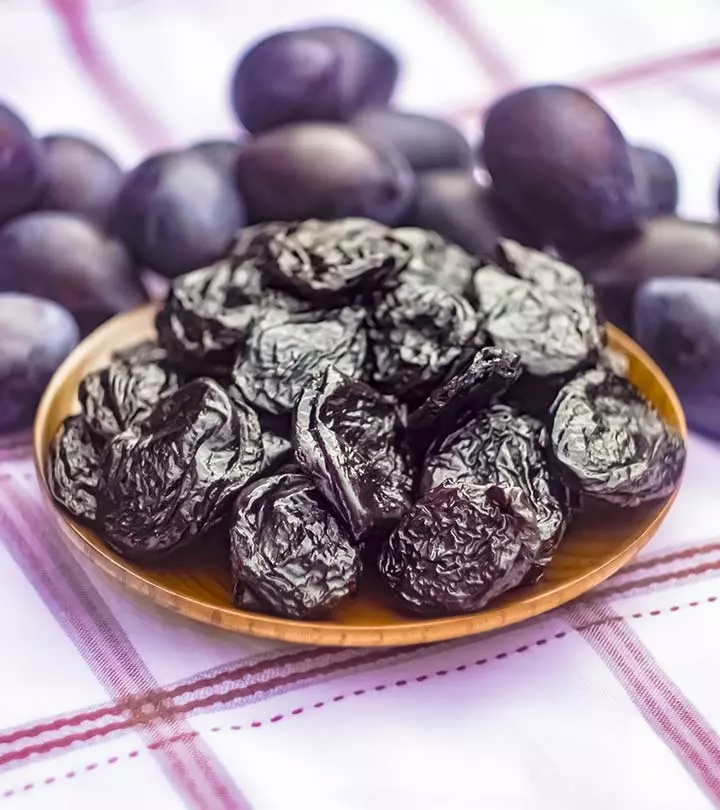

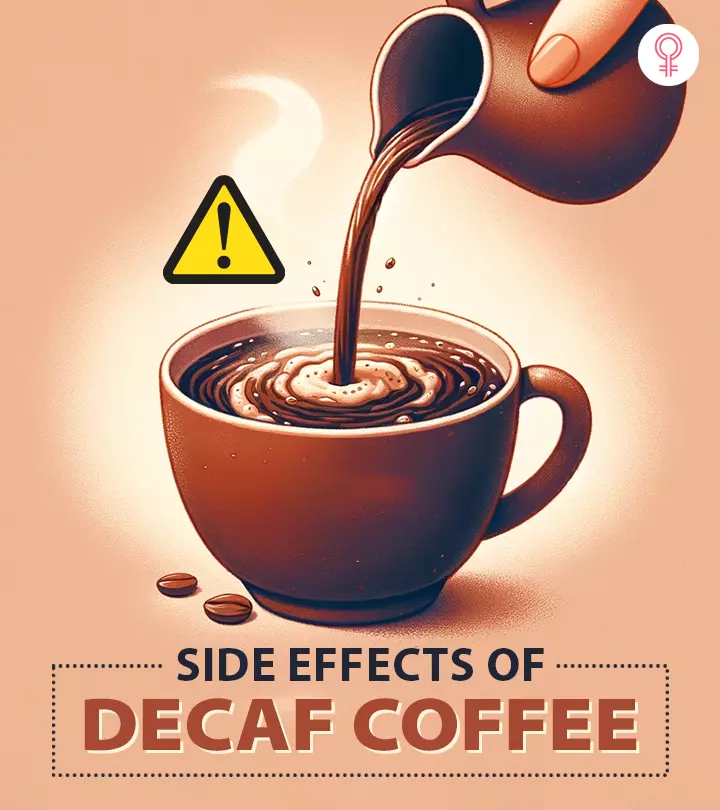

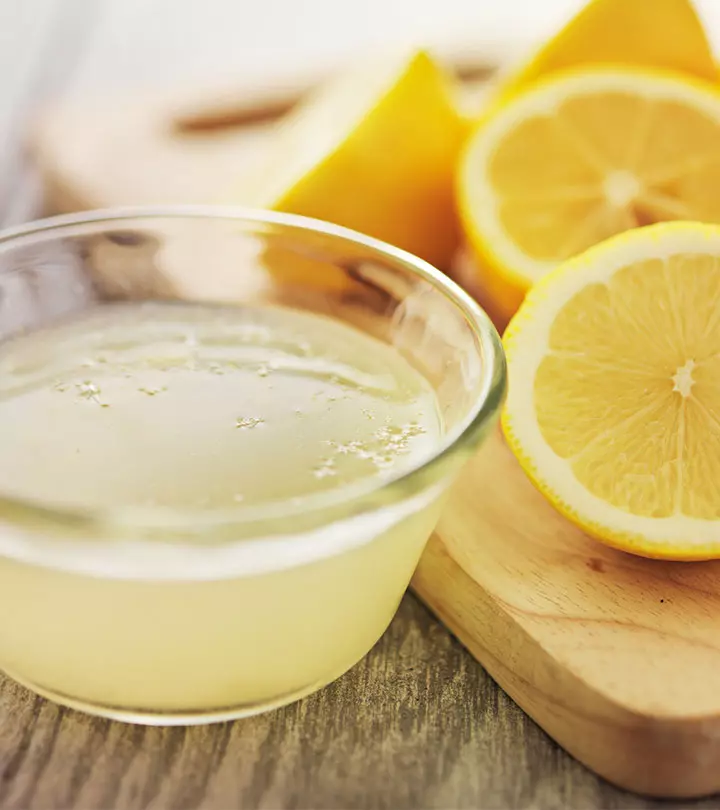
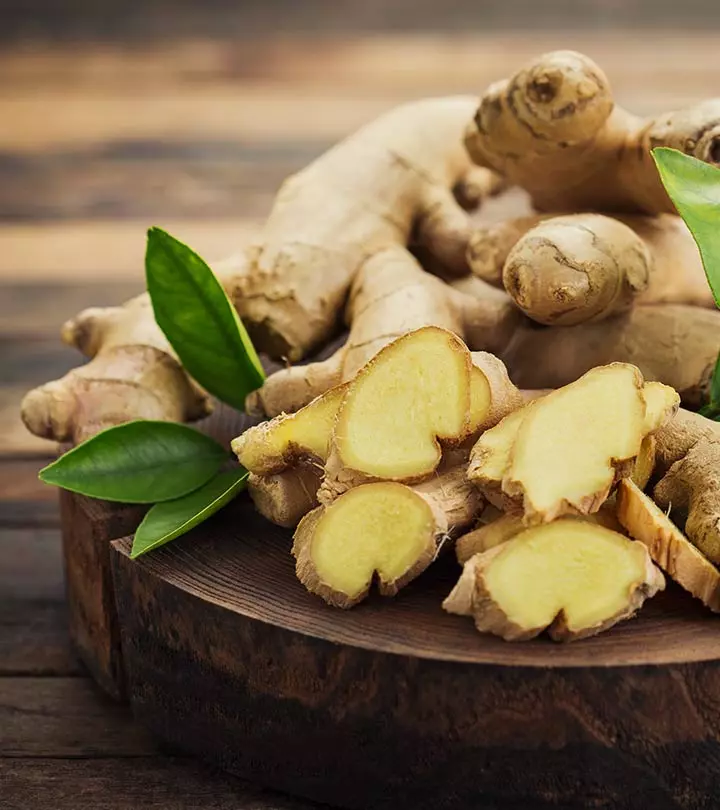


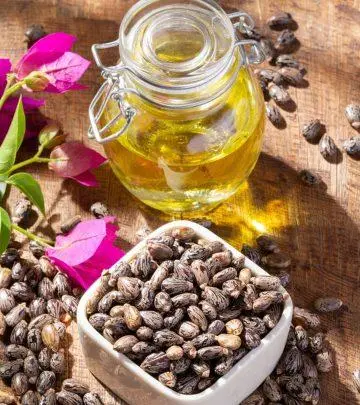
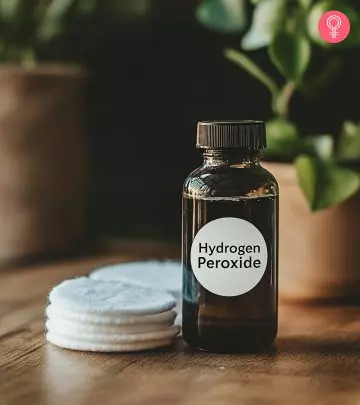



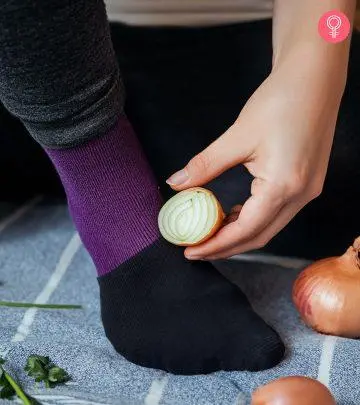
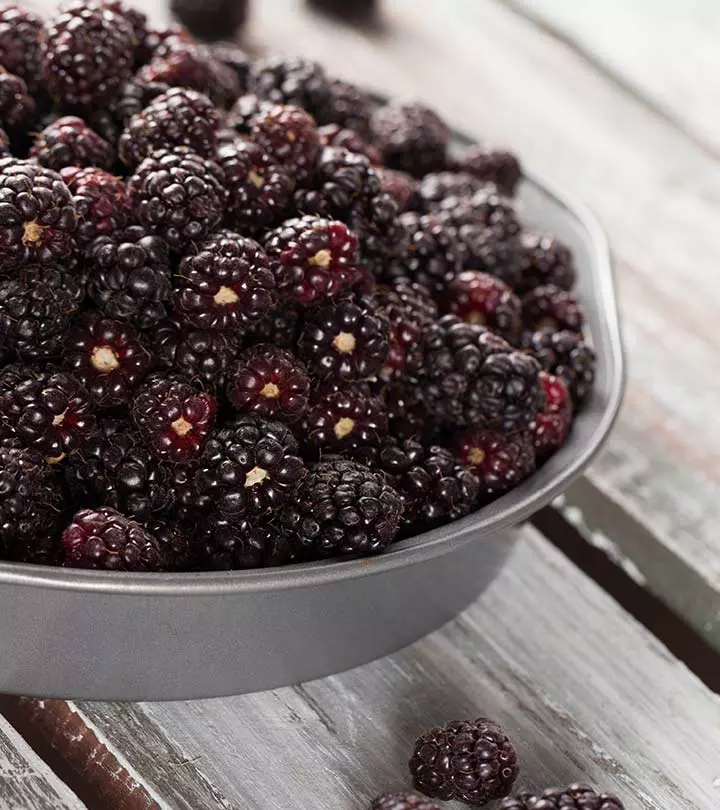


Community Experiences
Join the conversation and become a part of our empowering community! Share your stories, experiences, and insights to connect with other beauty, lifestyle, and health enthusiasts.